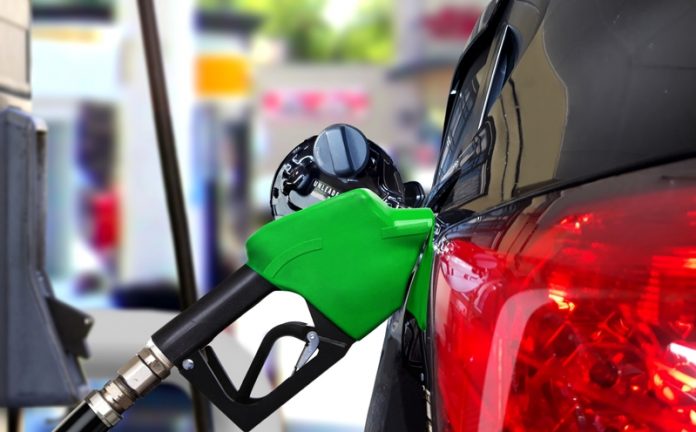A survey held by the Energy Institute (EI) concluded that the amount of forecourts in the UK has dropped slightly since the end of 2017
The latest Retail Marketing Survey states that 8,442 forecourts are currently in operation, down by 47 since 2016.
Findings from the report show an increase in unleaded and diesel petrol prices. In 2016, prices rose from 109.78 p/l to 118.39 p/l in 2017, while the price for diesel rose from 110.52 p/l to 120.13 p/l in 2017.
Further outcomes from the report showed:
- UK consumer unleaded petrol prices rose from an average of 109.78 p/l in 2016 to 118.39 p/l in 2017, while the price for diesel rose from 110.52 p/l to 120.13 p/l in 2017.
- Some 43,132bn litres of petrol and diesel were released to the market between Jan–Nov 2017, similar to levels seen for the same period in 2016.
- Registered UK vehicle sales continued their record breaking trend, to reach 37.5mn vehicles on the roads by the close of 2017, a rise of 1mn from 2016.
- Each forecourt supplied an average of 4,442 vehicles in 2017, up from 4,300 in 2016.
The Retail Marketing Survey details a statistical overview of the UK forecourt market by analysing any relevant data from companies, affected regions and forecourt facilities. The figures are then cross-checked by market analyst Experian Catalist.
In addition, the report provides valuable insight into the current state of the market and comprehensively lists the leading brands with the amount of forecourts they possess in the UK.
The breakdown is as follows:
- BP continues to lead the forecourt branding field, topping the listing with
1,292 outlets (up from 1,278 in 2016) - Esso secured second place, with 1,093 branded sites (1,081 in 2016)
- Shell was in third position, with 1,042 branded forecourts (1,029 in 2016)
- Texaco was ranked fourth, with 739 branded service stations (768 in 2016)
Despite competition from market heavyweights, it seems the supermarket sector continues to hold the leading market share with 46%.
- Tesco – 505 sites (504 in 2016)
- Morrisons – 333 (333 in 2016)
- Asda – 318 (304 in 2016) – pushing Sainsbury’s into fourth place compared to 2016
- Sainsburys – 311 (306 in 2016)
The report also takes a look at how UK fuel retailers will need to adapt their services to remain competitive, whilst observing trends which – including government legislation and electric vehicles – may affect their futures.











